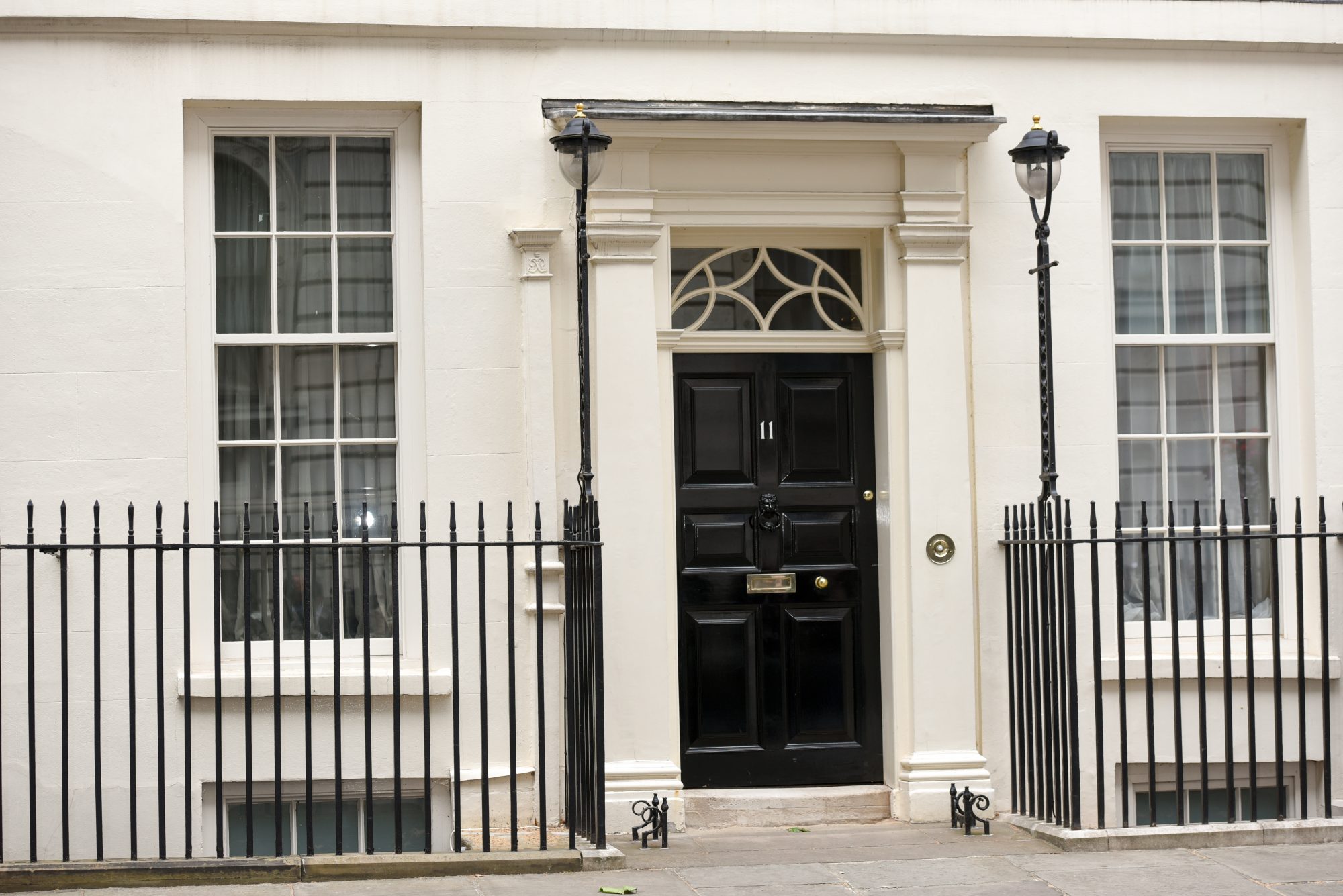Having picked up the Treasury reins just weeks before the Covid pandemic broke, Chancellor Rishi Sunak has so far had little room to manoeuvre or stamp his own brand on the economic plan for the UK. Despite making numerous announcements and unveiling multiple recovery and support plans, his budget statement on March 3rd 2021 is likely to be his first real opportunity to introduce his own style of long-term fiscal planning. But with the pandemic still looming large and impacting the economy, just how much freedom does he have to do something different in the 2021 budget?
Rumours abound that we may not have to wait until 3rd March to hear from the Chancellor, with suggestions that alongside the PM, he may unveil an economic recovery plan during the final week of February. With infection rates falling and plans to reopen schools for the many in March, the timing would suggest the government is ‘gearing up’ for relaxation of lockdown restrictions. But could this merely be the sugar for the medicine that we will have to take in the budget on 3rd March?
It sounds like a rather obvious statement, but come the budget Mr Sunak will either raise taxes or he won’t. Throughout 2020, the Government has had to dig deep and borrow billions to support the economy and this needs repaying at some point. But whilst taxes may be one way of financing the debt, there are some mooting the idea that the borrowing could be paid down over a longer period through economic growth or we could simply seek to spend our way out of it. There is a halfway house concept that would see him announce tax rises but delay their introduction until April 2022 or even 2023. This latter strategy achieves a tax rise whilst buying time for a rethink if growth outstrips forecasts and giving taxpayers time to swallow a bitter pill.
Of course, we also know that there are overt tax increases and then the slightly more covert method of reducing reliefs and allowances. This delivers the same impact in real terms but avoids the headline grabbing increases in prevailing rates.
Covid and government borrowing will not be the only factors driving the Chancellor’s plans however. This is the first post- Brexit budget and so it is an opportunity for Messrs Sunak and Johnson to hang the ‘open for business’ sign up to the World. To do so, they will want to make it attractive for investors and big business to relocate/stay here, through highly competitive business taxation and plenty of support for R&D. With such competing priorities, it will certainly make for a tough balancing act.
Ultimately, the Chancellor will know that keeping cash moving in the economy is paramount to driving growth and so anything that puts money in the hands of the consumer and keeps them spending is likely to get a green light. To this end, we can probably expect Furlough to be extended, for another quarter at least; the planned increase in the minimum wage to continue and the current reduction in stamp duty extended beyond 31st March. There have been rumours that the Chancellor is a fan of replacing Council Tax and Stamp Duty Land Tax (SDLT) with a single, annual property valuation tax, but is now the right time? It’s hard to see HMRC signing up to this additional workload right now – but don’t be surprised to hear of a consultation with an aim of introduction in 2022/23.
An increase in corporation tax may not hurt loss-making businesses or very small operators but does it shout ‘welcome’ to the global economy post-Brexit? It may increase the tax take from bigger companies that have continued to make significant profits during Covid but it is likely that Mr Sunak will achieve a similar outcome by increasing the Digital Service Tax or lowering the threshold for entry. This would be a relatively popular move with bricks and mortar businesses as it would target those whose revenues have boomed as consumer buying habits switched to online.
In potentially outlining a recovery plan 10 days or so before the budget, the Chancellor may be seeking to partition Covid and the longer-term fiscal strategy. Therefore, any announcements around the shorter-term measures introduced to support the economy over the last 12 months – for instance a further extension in the VAT rate cut for Tourism and hospitality – may be addressed in February, allowing the budget to resume its role as the mid-to-long term fiscal strategy
Whatever format the 2021 budget takes and whether it is pre-empted by an economic recovery plan or not, it’s unlikely that the budget statement itself will end with the usual ‘big giveaway’ or ‘rabbit out the hat moment’. Somehow, it just doesn’t feel like an Izzy whizzy moment…
